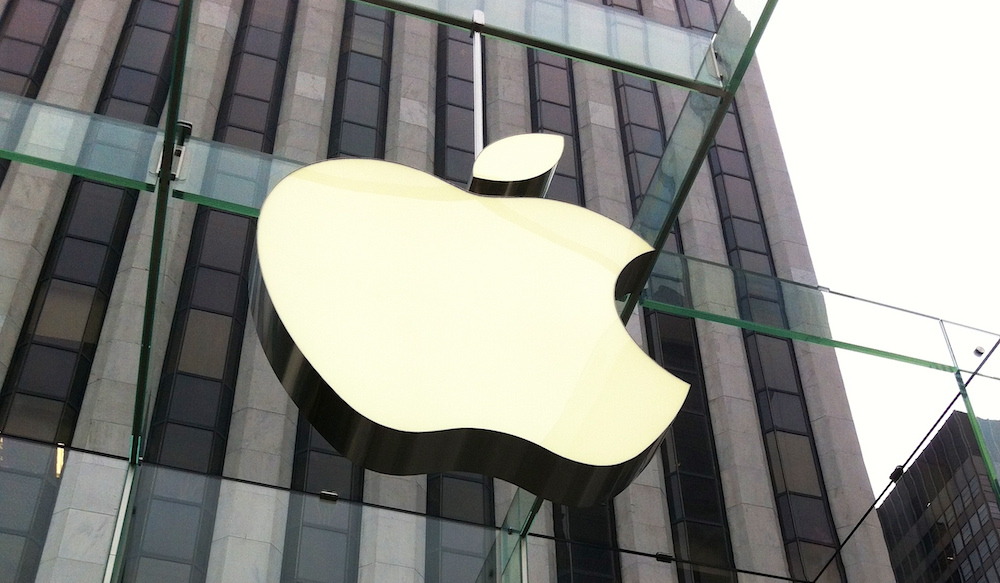Investment bank Wedbush has outlined its Apple investor "wish list" for 2021, and it includes the launch of "Apple Glass," a strategic car partnership, and more.
In a note to investors seen by AppleInsider, analyst Daniel Ives outlined the top 10 things that could result in a strong year for both Apple and Apple investors. Some of the items on the list are realistic and backed by rumors, while others appear to be less likely but still possible.
The iPhone 12 lineup and Apple's Services business rank first and second on the list, given their importance to Apple's bottom line. The wish list goals include Apple shipping 240 million iPhone units in 2021 and the Services segment hitting $65 billion in recurring revenue. Ives said that the iPhone 12 is on track to become "the ultimate supercycle," and he continues to believe that Services is worth $1 trillion on a sum-of-the-parts basis.
Another major item is Apple potentially unveiling the "Apple Glass" augmented reality headset at WWDC 2021, which Ives said would be "the result of many years of development in the labs of Cupertino." Current rumors suggest that the AR device could arrive either in 2021 or 2022.
The analyst also says Apple acquiring a major movie or TV studio to bolster Apple TV+ could be a boon to the company's aggressive streaming strategy. Wedbush believes Sony Pictures, Lionsgate, and A24 are top candidates for acquisition if Apple decides to go that route.
On the note of electric vehicles, Ives said an ideal scenario would be a "strategic partnership in 2021 that lays the groundwork to enter the burgeoning EV space." He mentions Tesla or VW as "golden partnership" possibilities. A recent report indicated that Apple is planning on producing a passenger vehicle with new battery technology by 2024.
There are more mundane items on the list as well, including a 2021 iPhone lineup with LiDAR and doubled storage capacity and a continuation of the Mac's transition to Apple Silicon.
Ives also includes Apple settling its lingering legal battle with Epic Games and the Biden Administration ratcheting down tensions between the U.S. and China as wish list items. Additionally, Ives says the best case scenario is that current antitrust scrutiny in the U.S. and Europe will result in fines and not major regulation changes.
The analyst maintained his 12-month price target of $160. That's based on a sum-of-the-parts valuation on Wedbush's 2022 AAPL fiscal year estimate, which breaks down to a 15x multiple on Services at $1.1 trillion and a 6.5x multiple on the rest of Apple's hardware business at $1.7 trillion.
 Mike Peterson
Mike Peterson







-m.jpg)






 Bon Adamson
Bon Adamson
 Marko Zivkovic
Marko Zivkovic
 Amber Neely
Amber Neely
 Malcolm Owen
Malcolm Owen


 Christine McKee
Christine McKee



-m.jpg)






2 Comments
What, no AirTags? But we’ve been led to believe they will fundamentally change humanity as we know it.
I’ve been a skeptic about Apple building a car for sale instead of simply supplying a brain to existing manufacturers.
But with the discussion about Apple migrating to subscription services as a form of stable, recurring revenue (since the next iPhone-like phenomenon may never again happen), what if...
Apple built a fleet of subscription cars. There would be no individual ownership (hence, no cost of ownership for the subscriber), which is an important concept to younger people whose lives are more fluid and have less liquidity to own/house a vehicle. Your iPhone/Apple Watch is the key to unlock and operate the vehicle you are using for the day. Your personal needs (playlist, calendar, address book, etc) upload into the brain of the car, and by using your calendar it can route you from destination to destination.
This means Apple is not assuming the sales aspect of the business, which is profit-sapping (dealerships, inventory, salespeople, etc). Some strategically located spots to house the cars (adjacent to rapid transit so those without cars could get to and from the car with relative ease) would be required. But this would dovetail perfectly with both subscription revenue and driving sales of iPhones, since this would not be an Android-capable vehicle.
This doesn’t play in more rural areas due to lack of charging infrastructure, but there is plenty of business to be found in major urban markets, and larger suburban markets as well.
Popular media wants to build this up as Tesla vs Apple, but I see Apple building essentially a VW bug (but nicer, electric-powered, and advanced) instead of multiple models within the line. Apple would be chasing a different client. One skateboard chassis, one body style, and they’re done. And, I suppose, colors of white, space gray, and rose gold...
Consider: A monthly lease payment for a good ICE vehicle may be $400+ monthly. Would urbanites pay $150/month for access to one of a fleet of identical Apple cars on demand, with no maintenance or long-term parking costs? Maybe some of this comes from the budget the customer allocates to Uber/Lyft rides under certain circumstances. I don’t pretend to have all the answers, and certainly none of the facts, but I can see this as a possible scenario which makes sense for the company.